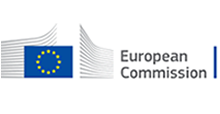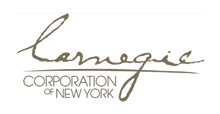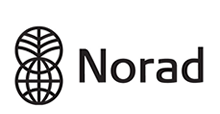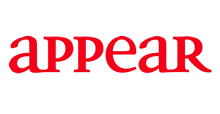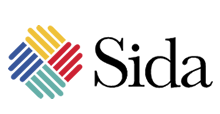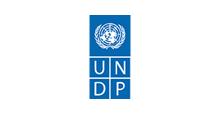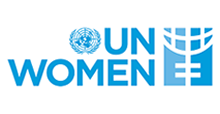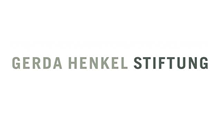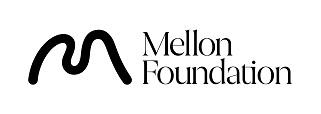CERTL INTERNATIONAL CONFERENCE CALL FOR PAPERS
The College of Humanities and Social Sciences (CHUSS), Makerere University received a grant from the Mellon Foundation of New York for the establishment of a Center of Excellence in Research, Teaching and Learning (CERTL). The primary aim of CERTL was to explore and develop mechanisms of strengthening and promoting teaching and learning in the Humanities and Humanistic Social Sciences that had been adversely affected by large student numbers, reduced faculty, inadequate physical and ICT infrastructure, and inadequate funding.
Launched on September 16, 2020, CERTL was mandated to improve research, teaching, and learning in the Humanities and Humanistic Social Sciences in the college. Its activities in the past four years have spotlighted the challenges and opportunities of ensuring quality research, teaching, and learning in Humanities and Humanistic Social Sciences in resources constrained context of Global South Higher Education.
This CERTL International Conference 2024 seeks to extend the work and milestones that the project has achieved by congregating scholars and leaders in Humanities and Humanistic Social Sciences scholarship to reflect on how centres like CERTL can contribute to effective learning, teaching, and research at resource-constrained Higher Education Institutions in the Global South. The conference will grapple with the following themes:
- Fundraising for Humanities and Humanistic Social Sciences Scholarship.
- Funding research, teaching and learning of the Humanities and Humanistic Social Sciences in the Global South is one of the most intractable challenges that Global South universities face. This is in spite of the fact that many funding organisations across the world are sitting on impressive research funding chests and are struggling to find research institutions to fund. This theme calls for papers, posters, panels and keynotes that can engage with the intractable funding problem of higher education in Global South universities.
- AI and ICT use in Research, Teaching and Learning in the Global South universities.
- The Global South university exists and operates in the 4th industrial revolution that is characterised with big data, machine learning and Artificial Intelligence. Unfortunately, some of its stakeholders (learners, academics, society and governments) technologically and epistemologically still exist in the pre-industrial era. This stream invites research on how academics in the Global South can leap into the Fourth Industrial Era to meaningfully harness Internet hardware, software, programming and infrastructure for effective teaching, learning and research of the Humanities and Social Sciences.
- Understanding Researchers, Learners and Administrators in Global South universities
- This stream calls for papers, posters and panels that explore how contemporary identity politics affect research, learning and teaching at universities. It will reflect on how different stakeholders at Global South universities can navigate faculty and students safety practices through policy formulation(s) on gender, class, disability and other forms of exclusion.
- Pedagogical Innovations in Assessment, Feedback and Relational Building in Global South institutions
- Recent pedagogical innovations amidst resource constraints in the Global South highlight the need to innovate how we teach, learn and research. This stream will explore how the old and new pedagogical issues can converge to ensure effective teaching, learning and research.
- Graduate Student and Early Career Research Mentorship and Supervision
- This stream is cognisant of the fact that the continent of Africa annually loses huge numbers of its most vibrant academics to the Global North. Furthermore, those who choose to stay on the continent are demoralised with poor pay, ill equipped classrooms and laboratories to meaningfully engage in knowledge production. It is unsurprising that Africa produces the least amount of scientific research in the world. This stream will interrogate how the continent can retain and motivate its academic human resource in order to increase knowledge production.
We invite papers, panels, and poster presentations that critically engage with the above cited and related themes. Please submit your abstracts of up to 200 words to CERTL at certl.chuss@mak.ac.ug by Friday September 27, 2024. All abstracts must include the presenter’s name and institutional affiliation. Please note that presentations will be done in English.

